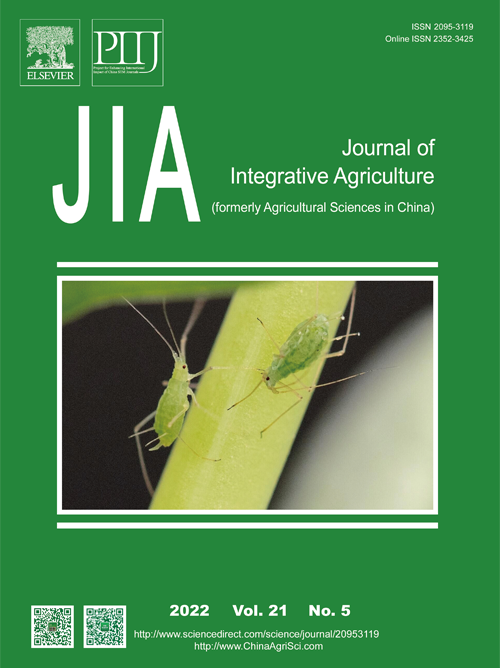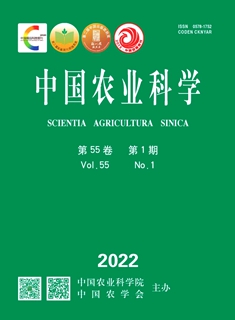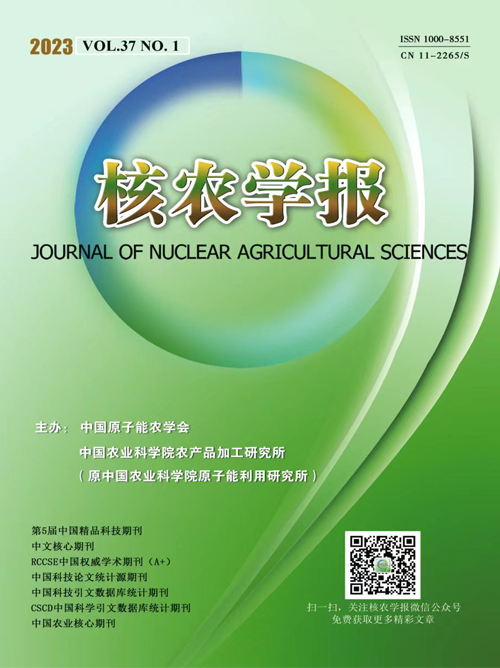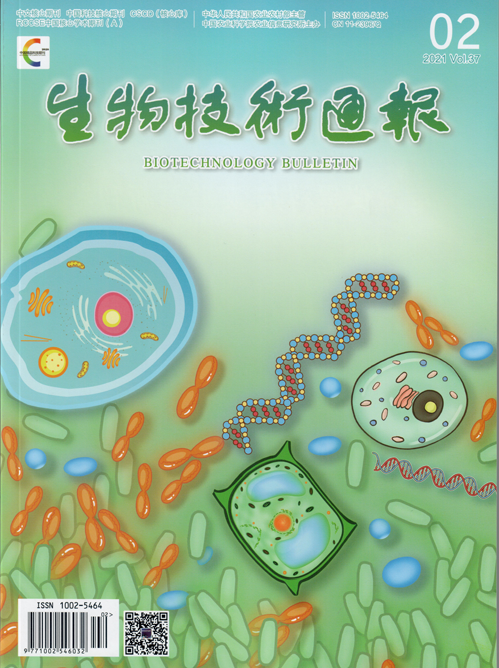China has collaborated with Southeast Asian nations to jointly monitor and control major crop pests and diseases to ensure food security, ecological safety and biosecurity.
Experts attending an annual meeting of the Chinese Ministry of Agriculture and Rural Affairs (MARA) and the Center for Agriculture and Biosciences International (CABI) said that China has established a platform with the neighboring Southeast Asian countries to combat the trans-boundary migratory major pests, such as the fall armyworm, aiming to achieve cost-effective, green and sustainable pest control.
CABI, headquartered in Britain, is an international, inter-governmental, not-for-profit organization providing information and applying scientific expertise to solve problems in agriculture and the environment.
Invasive alien species pose significant threats to global agricultural production. The rapid development of global trade, tourism and transportation has further exacerbated the spread of invasive species worldwide, experts said.
Lu Yanhui, director general of the Institute of Plant Protection of the Chinese Academy of Agricultural Sciences (IPPCAAS), said that China's cooperation with CABI spans over 40 years, yielding remarkable achievements in plant biosafety innovation, talent training and South-South cooperation.
Zhang Jie, deputy director general of IPPCAAS, said, "Through the MARA-CABI joint laboratory, we are expanding collaboration with Europe, East Asia, Southeast Asia and other regions to conduct research on early warning, invasive species control and overseas monitoring. This effort aims to build a globally coordinated network."
Guo Jingfei, an associate professor at IPPCAAS, who had studied natural enemies of the fall armyworm at the MARA-CABI European laboratory, said the fall armyworm, native to the Americas, does not cause devastating agricultural damage there due to the presence of natural predators.
"We studied two species of parasitic wasps that target fall armyworm eggs and larvae. By parasitizing and consuming their hosts, these wasps control the pest population while maintaining ecological balance in farmlands," Guo said, adding that these findings have provided valuable insights that have helped China effectively manage the fall armyworm.
According to Zhang Jie, China's experience has also been shared with other countries. "In Southeast Asia, warm and humid conditions allow pests to overwinter and migrate into China during spring. By collaborating with neighboring nations to guide pest control technologies locally, we help reduce crop losses in their countries and minimize pest migration into China. Additionally, installations such as insect radar stations, high-altitude searchlights, ground lamps and pheromone traps form an effective monitoring system," he said.
"China was once a recipient of international aid, but now its plant protection technologies lead globally. Through platforms like the joint laboratory, China's expertise is contributing to worldwide agricultural development," Zhang said.
"Under South-South cooperation projects, we assist Kenya and Ghana in poverty reduction and green agricultural pest control. Prior to peak fall armyworm seasons, we organize training workshops in Africa and Southeast Asia to teach farmers and technicians advanced green control techniques. We also supply pest control products to support local efforts," Zhang added.
Zhang Feng, director of CABI East & Southeast Asia Center, highlighted that China's technological advancements are increasingly benefiting nations in Africa and Asia.
"For instance, in partnership with IPPCAAS, we introduced China's mature green biological control technologies to Myanmar and Laos, utilizing Trichogramma wasps to control rice and maize pests. This comprehensive pest management system -- covering production, promotion, and sustainable practices -- continues to enhance crop yields, quality and farmers' incomes," Zhang said.
"In Rwanda, East Africa, we established the country's first R&D and pilot production facility for biological control products targeting soil pests, which later played a critical role in combating the fall armyworm," he added. Enditem







